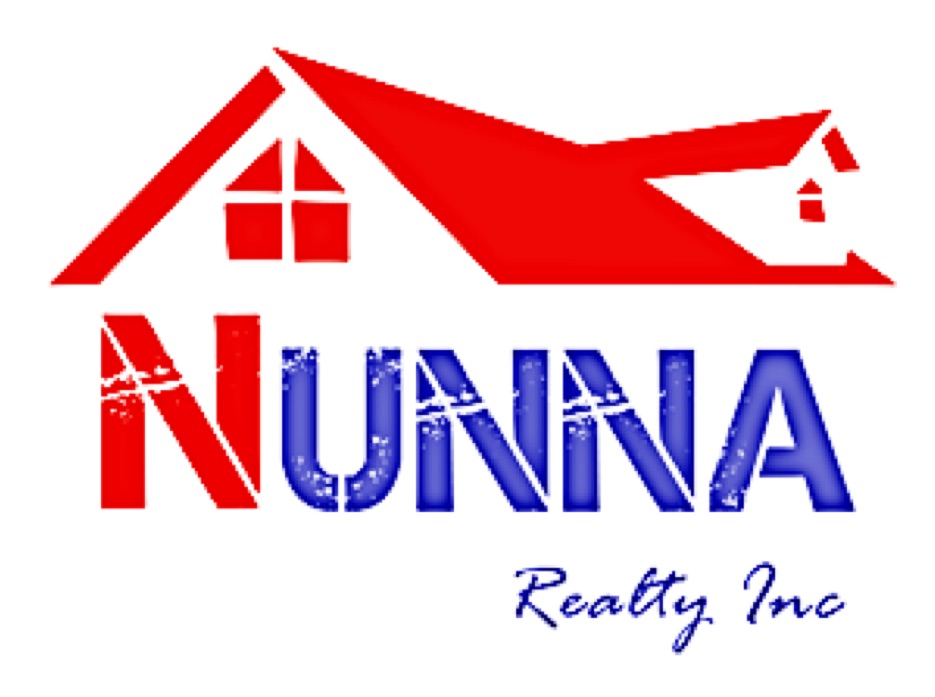#1 : Looking at homes before getting pre-approved by a lender.
Until you meet with a qualified loan officer, most people don’t know how much a lender is willing to loan you for a home purchase. Lenders essentially use five criteria in determining their willingness to fund your mortgage.
- Your income
- Down payment
- Credit record
- Employment status and history
- Value of property
A pre-approval from the lender will establish a price range to aid in your shopping. It also can be used as a valuable negotiating tool once you make an offer on a home.
#2 : Selecting your lender based solely on a interest low rate.
The lowest rates in town are not necessarily the best “deal” for you. Lenders sometimes offer attractive rates to attract applicants from their pool of current borrowers. Their hope is to keep these applicants and then switch them to a program with different terms and rates. Rarely do these situations save the borrower money. Marti Hampton’s Team works very closely with a number of tip notch loan officers on a daily basis and is involved with hundreds of transactions each year. This gives us the advantage of being able to meet and recommend local lenders who are doing excellent work.
#3 : Choosing an extensively-improved home that is among the most expensive in the neighborhood.
An extensively-improved home is one packed with amenities not found in other homes in the neighborhood and is priced higher than surrounding properties. It can be quite and advantage to own a moderately-priced surrounded by more expensive home. However, it is NOT such a good idea to own an expensive home surrounded by homes of lesser value.
#4 : Purchasing a home that fits you “right now”.
Many times buyers will underestimate the size of home they actually need and buy a home that’s too small in an effort to avoid the perceived added risk of spending more cash and incurring a higher mortgage payment. It will cost you less in the long run if you borrow extra cash.
#5 : Failing to investigate property taxes.
Go beyond looking at the tax amount stated on the listing sheet or current tax bill. Call the county where the home is located and ask how often properties are reassessed. Also ask how much will they go up (on average). If it’s been awhile since the last reassessment, you could incur a large increase once you are the owner. High taxes make properties unappealing for many reasons other than large bite they take out of the monthly amount you can afford.
#6 : Purchasing a home without a professional, experienced buyers specialist.
Having a knowledgeable, experienced buyer’s specialist offers you many valuable services and assures that you always have someone looking out for your best interests. Your buyer’s specialist will assist you in the selection process by guiding you to homes that are best suited to your needs, budget, and dreams.
#7 : Giving your name and personal and financial information to the agent at the open house or new home sales model.
By doing this, you might inadvertently give up your right to have your own agent and compromise your negotiating power.
#8 : Believing that you cannot negotiate terms on new construction.
Most general brokerage agents are under this impression.
#9 : Failing to get all repairs done prior to closing.
Once your home closes, you are responsible for all repairs needed. This can add up to thousands and thousands of dollars.
#10 : Getting directly involved in the negotiations by working directly with a For Sale By Owner instead of using a buyer’s specialist.
You are not saving money this way, either. You will miss costly issues.
Avoid costly mistakes by hiring Nunna Realty as your agent.
